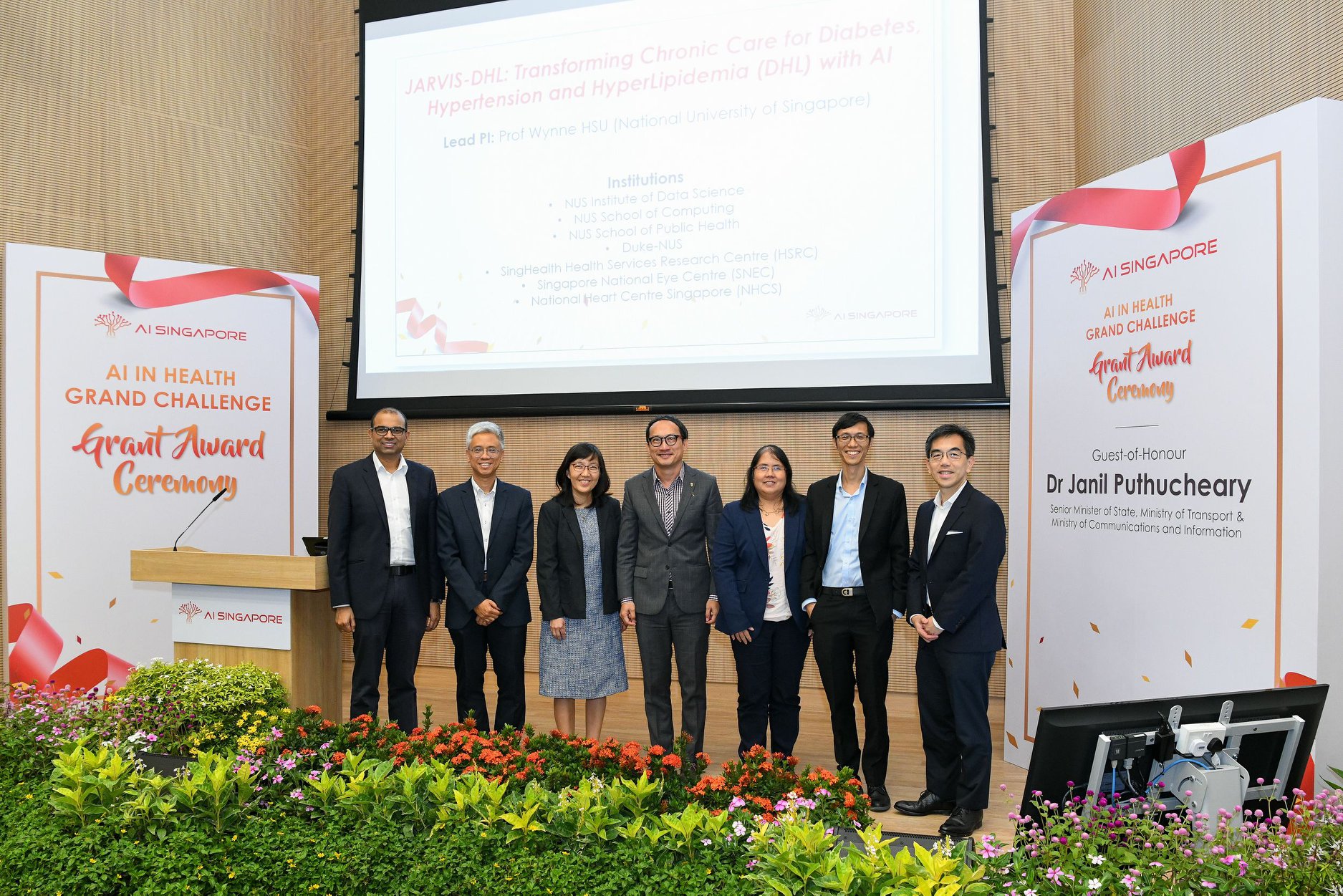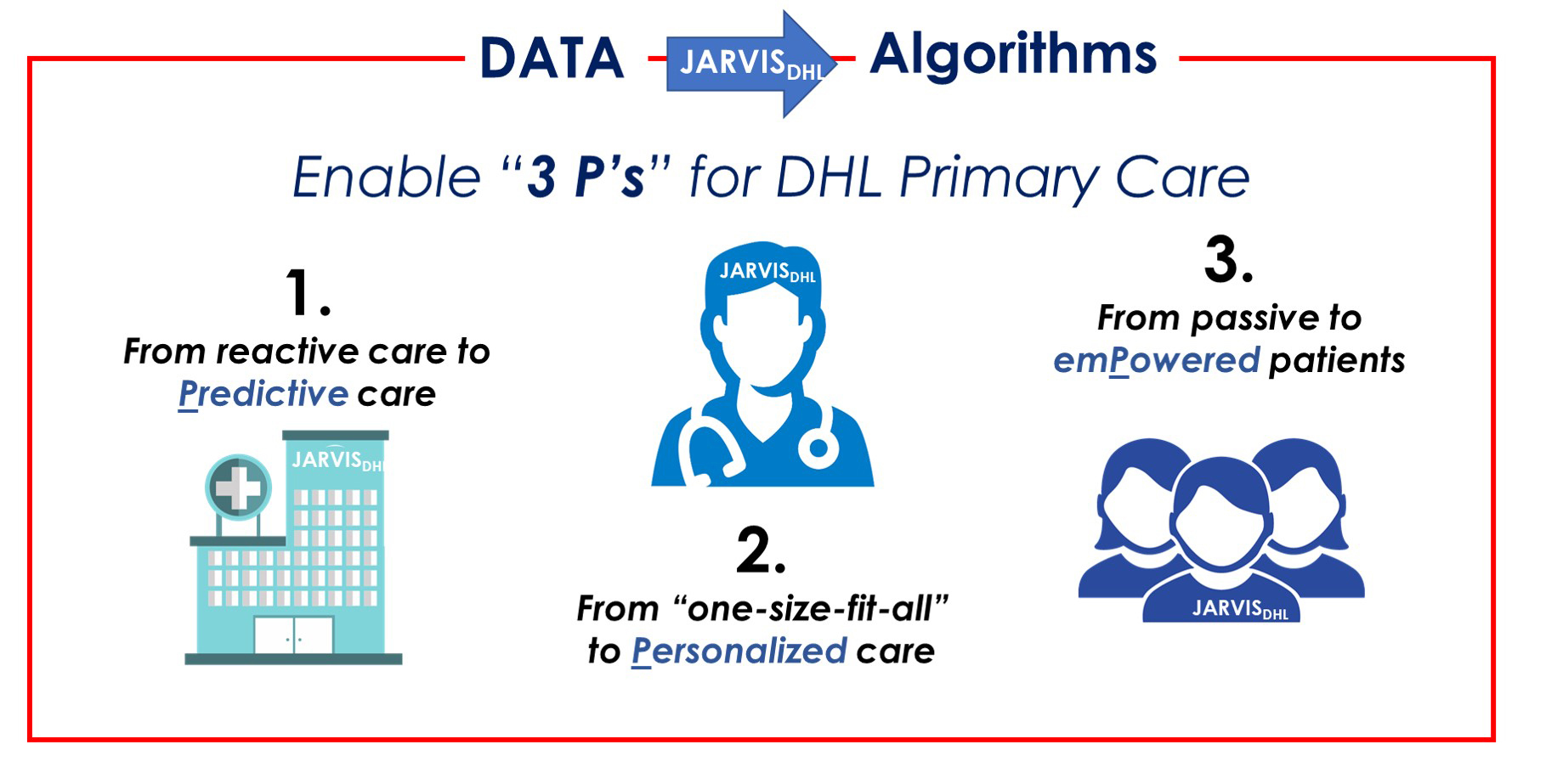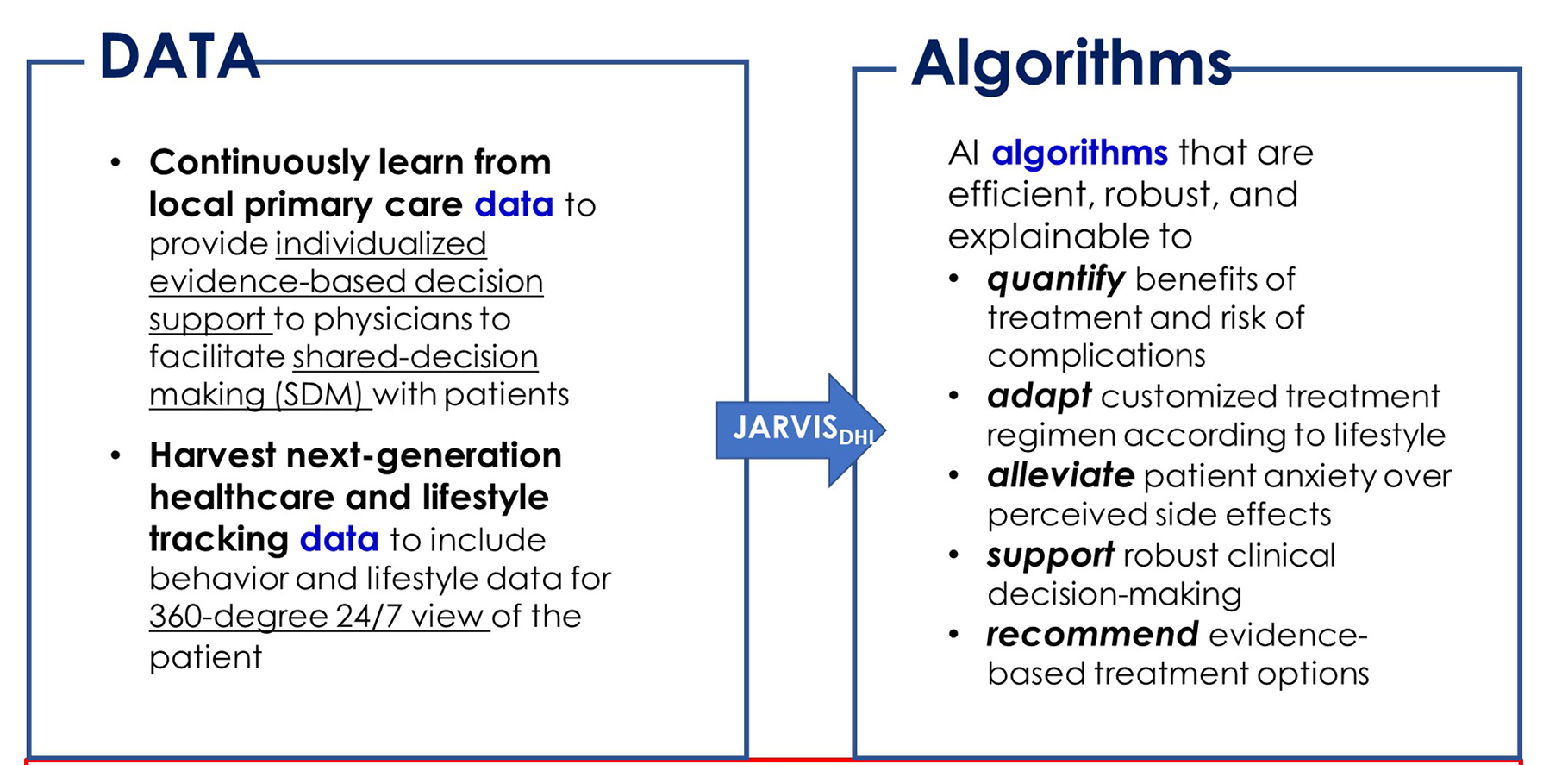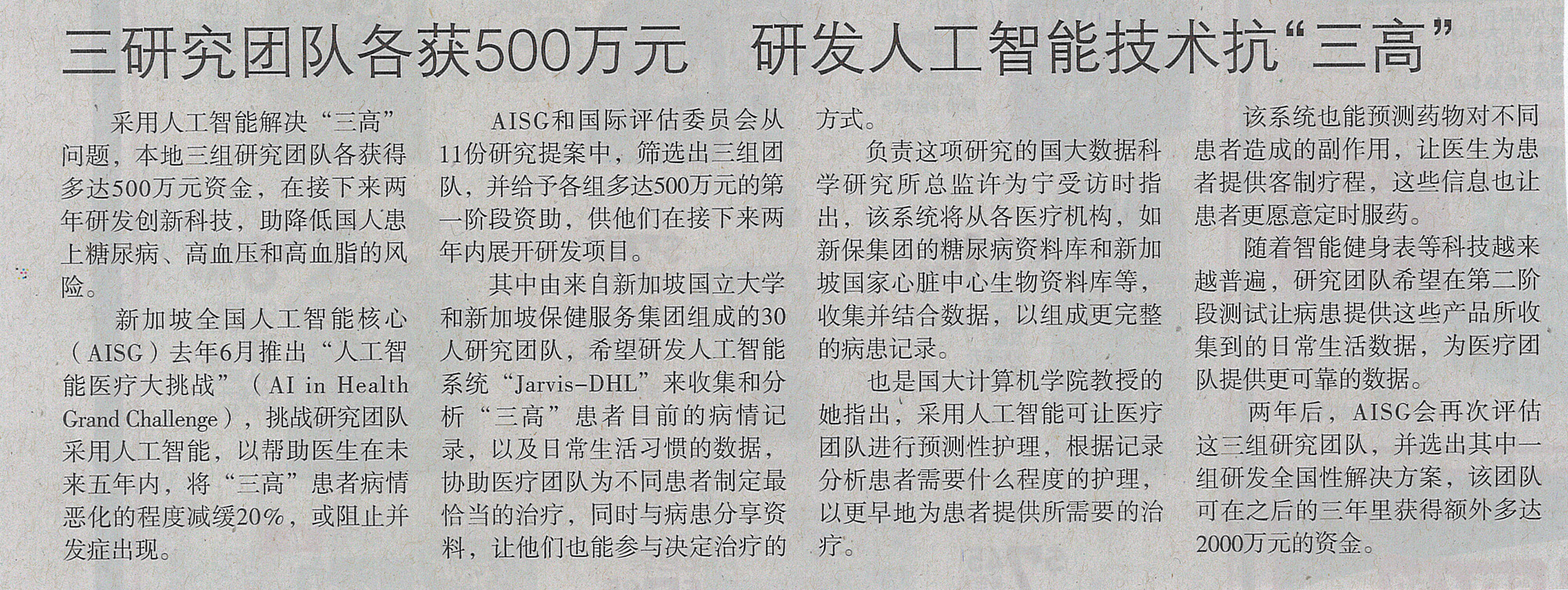AISG AI in Health Grand Challenge
JARVISDHL: Transforming Chronic Care for Diabetes, Hypertension and hyperLipidemia with AI
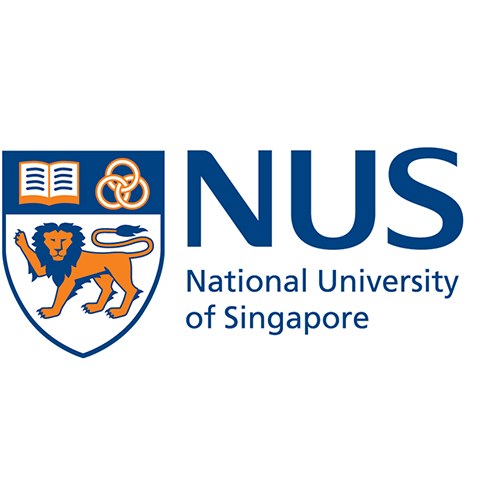
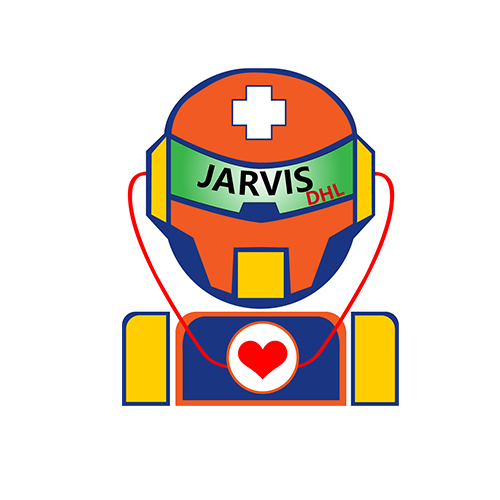

The AI in Health Grand Challenge is one of the AI Grand Challenges funded by AI Singapore to promote bold ideas and apply innovative AI technologies and approaches to solve these challenges.
The AI in Health Grand Challenge seeks to develop innovative approaches that use artificial intelligence (AI) to enhance primary care in health promotion and disease management in Singapore and the world. In particular, it aims to address the following challenge:
“How can Artificial Intelligence (AI) help primary care teams stop or slow disease progression and complication development in 3H – Hyperglycemia (diabetes), Hypertension (high blood pressure) and Hyperlipidemia (high cholesterol) patients by 20% in 5 years?”
The Institute of Data Science, together with Singapore’s largest public healthcare provider Singhealth, is one of the three awardees of the Grand Challenge. The team will develop an AI system called JARVISDHL to gather local healthcare data in order to create AI algorithms and models to transform chronic care for Diabetes, Hypertension and HyperLipidemia (DHL) with AI.
Overview of JARVIS DHL [Teaser – 1.5 min]
Overview of JARVIS DHL [Full video – 5 min]
JARVIS PERDICT.AI Tool – Decision Support for Primary Care
JARVIS Early Screening Tool – Risk Stratification
JARVIS-MACE Tool – Decision Support for Advanced Care
American Diabetes Association (ADA) 81st Scientific Sessions (25-29 June 2021) – Thought Leadership Film Series [teaser - 1min]
American Diabetes Association (ADA) 81st Scientific Sessions (25-29 June 2021) – Thought Leadership Film Series [full video - 5min]
Principal Investigators & Collaborators
Lead Principal Investigator: Professor Wynne Hsu (NUS)
Co-Principal Investigators:
Professor Lee Mong Li (NUS)
Associate Professor Chan Chee Yong (NUS)
Professor Teo Hock Hai (NUS)
Assistant Professor Feng Mengling (NUS)
Associate Professor Mehul Motani (NUS)
Professor Marcus Eng Hock Ong (SingHealth)
Clinical Associate Professor Tan Ngiap Chuan (SingHealth)
Associate Professor Yeo Khung Keong (SingHealth)
Doctor Amanda Lam Yun Rui (SingHealth)
Clinical Associate Professor Low Lian Leng (SingHealth)
Associate Professor Gavin Tan (SingHealth)
Host Institution: National University of Singapore (NUS)
Partner Institution(s): SingHealth Group (SingHealth)
Current healthcare challenges with an ageing population
- Diabetes, Hypertension and hyperLipidemia (DHL) is present in up to 20% of the adult population in Singapore… and projected to rise with an ageing population
- Primary Care is the first contact and principal point of continuing care for the chronic patients. About 1.5-1.9 million visits to polyclinics (SHP) per year, majority are for chronic conditions like DHL.
- GOAL: Reduce the prevalence of DHL complications through AI-enhanced primary care across Singapore
Benefits to Primary Care Team
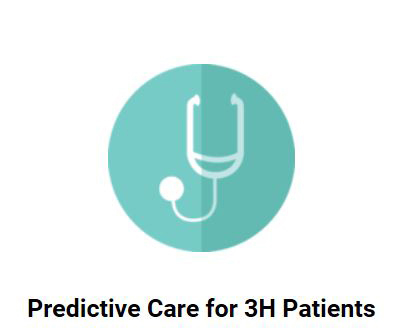
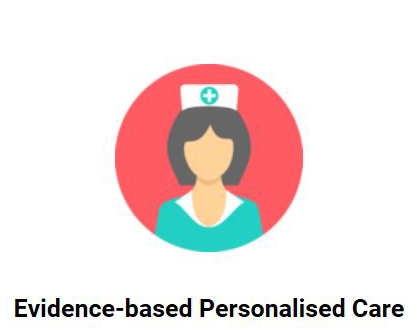
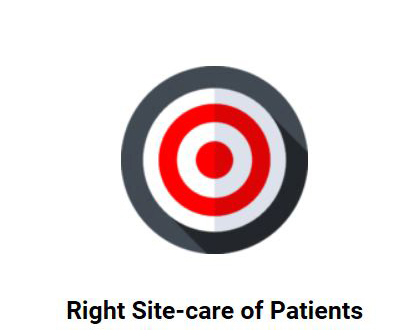
Enable predictive care for 3H patients through early screening and risk stratification.
Facilitate practice of evidence-based personalised care and shared-decision making by primary care physicians.
Physicians will get to the right site-care of patients rather than the usual reactive event-driven sequential referral model, thus spending spend less physical time in healthcare institutions, optimizing healthcare utilization. For example, JARVIS will recommend evidence-based treatment options, quantify personalized treatment benefits and risk of complications, adapt treatment regimen based on lifestyle, alleviate anxiety over perceived side effects, and support holistic clinical decision-making.
Benefits to End-users
Patients are empowered to take ownership of their healthcare journey beyond the clinical visits through the use of technologies for patient education and self-care.
